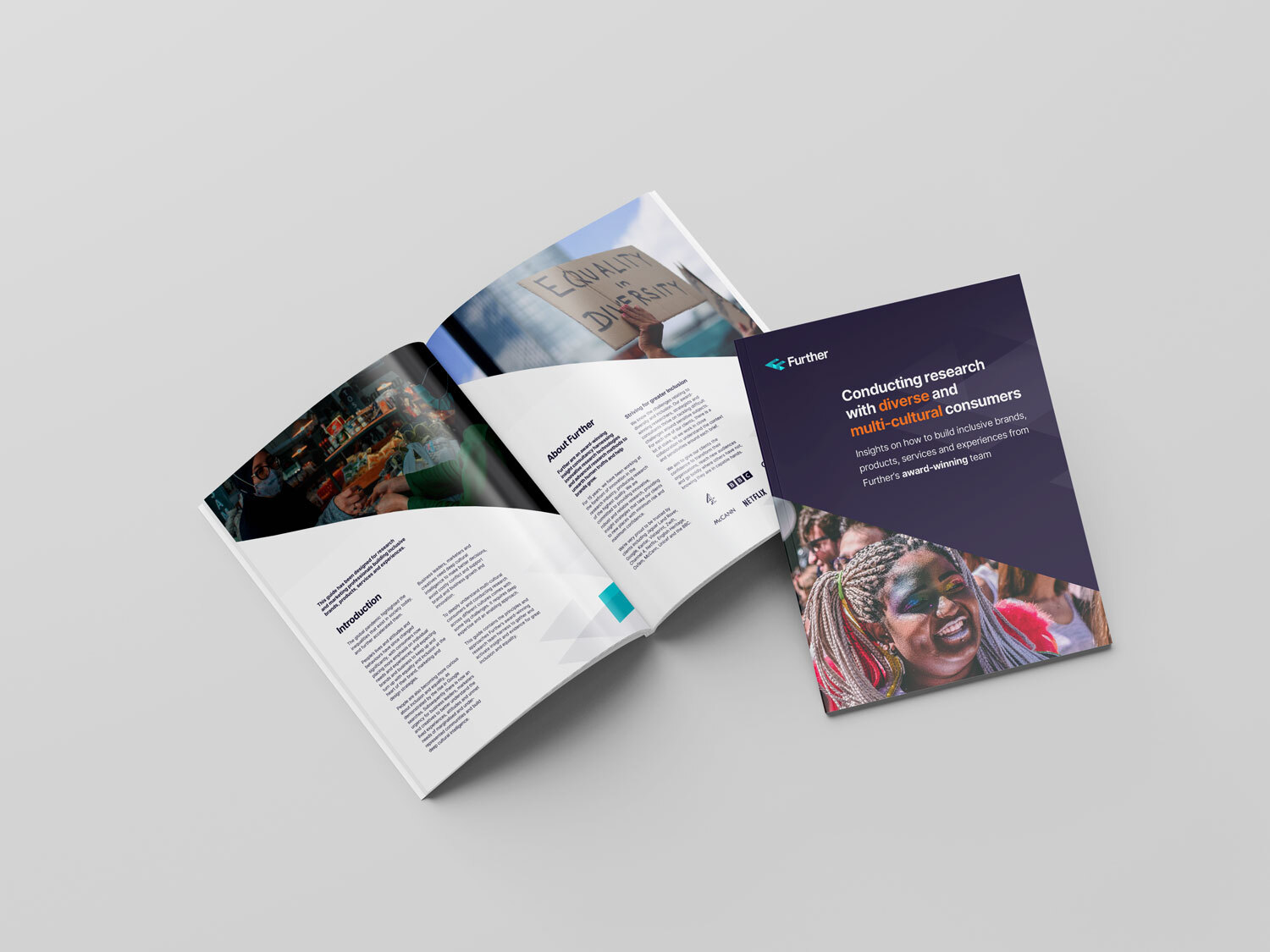It doesn’t matter how much planning you put in – if you fail to recruit the right group of people (known in the research industry as your sample) for your online qual research study or research community, it’s dead in the water. Cutting corners on time and cost, or using the wrong method or source is almost guaranteed to lead to recruiting participants that don’t exactly match your target, which in turn may result in poor response rates and participation. Ultimately, you’ll risk ending up with misleading insight and making the wrong business decisions.
This is why it is critical that you recruit for your online qual study or research community thoughtfully and carefully, from the methods you employ to the sources you use.
Top methods for online qual recruitment
There are several sources or channels that you can use to recruit people for your research community, each with its own merits and reason for use. You may have a fieldwork agency working with you, or you may tackle it yourself. Either way, you should always consider the following sources:
- Panels – recruiting through panels will give you access to a broad range of potential participants that represent national demographics, and is a good starting point. Remember that if recruiting via panels you will need to put in place some good validation measures whether this is double screening or brining proof of ID to the research.
- Customer Lists – many brands and organisations have existing customer lists. The names on these lists can be out of date so you might need to clean the data and do vetting. Be sure to cost in time and resource for this. We also recommend determining whether there are any rules and regulations that help and govern use of this source – for example the MRS Code of Conduct.
- Social Media – using social networks such as Facebook and LinkedIn to recruit people can reap a number of benefits. You can access a large range of people that may be suitable, you can target specific segments of people with adverts or you can use them as platforms to snowball recruitment. Tailor your chosen platform based on the type of person you are looking for – general consumers respond well on Facebook whereas LinkedIn is a good place to start for B2B participants. Your validation techniques will be important if you opt to use this source.
- Offline – if you need to supplement the sample, using offline methods such as telephone, street recruitment or postal can often be effective. Postal or street recruitment can be more costly so bear this in mind when evaluating your budget allocated to recruitment.
- Expert Agencies - work with a Fieldwork Agency who are experts and take away the hassle. Remember to brief your chosen agency on all aspects of the research so they can be fully informed from the start contributing to the quality of participants that are recruited.
.webp?width=635&name=shutterstock_236019343%20(1).webp)
Tips and techniques for effective recruitment in online qual
1. Be clear on who you are targeting for your recruit
Know who you want to recruit and, equally important, where to find them. Ask yourself ‘Where do they “hang out”? When you are in search of tech-savvy Millennials for example, this might mean sourcing them online or at social media, but also know where they are spending their time off-line. Some demographics you may have to find primarily off-line, so you will need to think about where they like to shop or what they enjoy doing in their free time.
Though you may want a variety of participants, tech ownership is an underlying attribute that you will always want to target when you are doing online qual. Make vetting forms a part of your recruitment plan, as this will help ensure that you end up with the kinds of recruits you want and need.
2. Put plenty of time into planning and preparation
Give yourself a generous amount of time for preparation, as some of the most important work is done during the planning stages. Kick your recruitment process off as soon as the project is commissioned, starting with your sample specification. Ensure your fieldwork and research team are on the same page and know the scope. Manage your clients expectations of the time it will take to recruit the right people. The more difficult you anticipate it will be to find your targets or prospects, the earlier you need to start. Be absolutely transparent about your project plans, making it clear to all project stakeholders what is involved.
In order to make the recruitment process time and cost-efficient, consider all of the available resources that you can draw from, such as client databases, panels, social media, and friend referral schemes. Also consider the scale and scope of your planned project, bearing in mind that smaller circles offer greater intimacy and deeper engagement with participants.
Plan to over-recruit. No matter how invested participants might appear during recruitment, there will always be some level of attrition, so you need to be prepared for it by having standbys at the ready.
All in all, a small but significant investment at the initial stage of your recruiting will pay dividends all the way down the line.
3. Screen, then screen again
Once you have completed your initial screening using surveys, it’s a good idea to screen the selected participants once more, this time over the phone. You might want to use the same screening questions, in which case check for consistency. This is also a good time to check their communication skills and literacy, or their creativity if it’s required for the study.
4. Make sure recruits know what's expected of them
The best research community participants are those who are eager and active in the process. But people’s excitement and willingness is likely to fade if they are somehow misled or disappointed in the experience. To avoid this sort of problem, it is important to upfront with your hopes and expectations. Brief your recruits on expected timelines, activities, and tasks, ensuring that they are completely clear on the nature of the project and what their role will be in it. It’s also good to let them know that there is no such thing as a right or wrong answer and to encourage them every step of the way.
5. Discuss rewards with participants
Online qual and research communities sometimes requires a significant commitment from participants, so rewards (intrinsic or extrinsic) are often necessary to keep morale up. Let them know in advance what these rewards will be. You can also excite members with “bonus” opportunities and rewards, encouraging them to go beyond the call of duty.
Talk to recruits about both the intrinsic and extrinsic benefits. Community plays a key role in establishing a two-way dialogue – what will be the value of the experience for participants, beyond answering your clients’ questions and receiving their honorarium.
6. Don’t wait until it’s too late
It’s a good idea to check on the recruitment process all the way along, rather than waiting until the end to review the results. Communication between the recruiter and the research team is critical and can help improve or adjust the approach as it progresses. If something isn’t going to plan it’s important to be able to change things quickly and meet your deadlines with some great participants.
7. Stay Close
Once participants have been recruited for your online qual study, it is important to stay in touch with them and keep them informed even before the community starts. A teleconference can offer a way for you to answer any questions they might have, and emails can be used to provide any instructions or information that they might need pertaining to the community. Be sure to pump plenty of energy and excitement into your communications to keep up their interest and engagement!
Want more help and top advice on recruitment? Why not get in contact
Now you know what it takes for successful recruitment in online qual, download our guide to qualitative research methods to help you decide which methodology suits your needs best.





















%20(1).webp)

.webp)

%20(1).webp)

.webp)

.webp)
.webp)
.webp)
.webp)

.webp)
.webp)
.webp)
.webp)